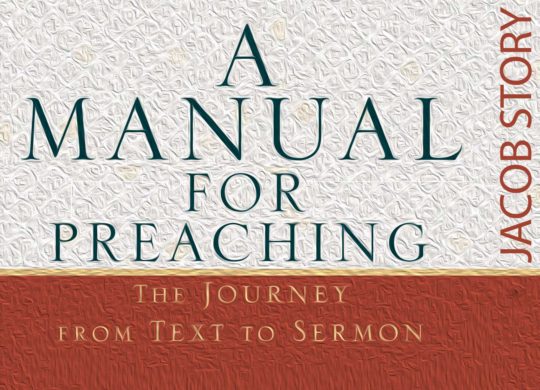Genesis 31:17–54

In this pericope, Jacob is complying with divine demand: he had been asked by God to “arise,” “leave,” and “return” (Gen 31:13); and here he begins the long act of obedience—“he arose” and loaded up camels with his family, his livestock, and his property (31:17–18). In the statement about “all the property he had gathered” (literally, “all the acquisitions he had acquired,” 31:18), there is an echo of his grandfather’s migration from Haran to Canaan: Abraham, too, collected “all the property he had gathered” (12:5), as he set out in compliance to divine will. Jacob is following a good example; his translocation was as important as the one God called his ancestor to, and equally centered in the will of God.
The word ganab, “to steal,” occurs eight times in this pericope: 31:19, 30, 32 (of Rachel’s act of theft of the teraphim/idols), 31:20, 26, 27 (of Jacob’s flight), and 31:39 (×2; of wild animals “stealing” from the flock). While the subjects of these actions vary, the victim of all of these misappropriations is Laban! It is now the turn of this wily operator to receive his comeuppance. Quite likely, the indirect statement that Jacob “stole the heart” of Laban (31:20), without the use of the verb “deceive” (used in 27:35 of Jacob deceiving Isaac) points to Jacob’s innocence in this matter. The patriarch’s decampment with his family and possessions was not actually a deception of any kind, but rather a “stealing of the heart.” Jacob was not playing tricks (31:31–32, 36–42); rather he was following the will of God. There is also a connection made here with Jacob’s flight from Canaan with his current flight to Canaan: both use “to flee” (27:43; 31:21, 22, 27), and both fleeings are from a “brother/relative” (’akh, 27:41–45; see 29:15). Thus the first and second phases of Jacob’s life conclude in similar fashion: flight from a “brother”! However, unlike the earlier escapade, Jacob’s departure here is explicitly sanctioned by God (31:3, 13).
Faithful obedience to God.
Rachel’s stealing of the teraphim takes a good chunk of space in this pericope (31:19–35). The purpose of Rachel’s absconding with these “gods” is unclear. In any case, Jacob is unaware of the pilfering. Laban, understandably, is not pleased and pursues the caravan (31:23, 25). But Jacob’s assertions to his wives that God had protected him from Laban in the past (31:5, 7, 9) proves to be true once again (31:24): God appears to Laban in a dream warning him not to “speak” to Jacob words of blessings or curses (or “do” to Jacob “good” or “evil”)—i.e., Laban was not the one in charge here, God was, and God was keeping Jacob safe. When Laban confronts Jacob and his crew, the hunt for the missing gods commences. The man’s search turns out to be in vain; and thrice we are told that “he did not find” them (31:33, 34, 35). His gods are no match for Jacob’s God!
Jacob’s rebuttal of Laban’s accusations concludes with his declaration that had not God been with him, Laban would have “sent [him] away empty-handed” (31:42). The phrase “send away empty-handed” immediately evokes memories of the exodus—God’s promise that Pharaoh would ultimately agree to “send away” the Israelites, and that they would not leave “empty-handed” (Exod 3:20–21). They did not, and neither did Jacob. Laban, at the end of this episode, has no choice, and he, from a position of inferiority, seeks a treaty with Jacob, and all’s well that ends well (Gen 31:44–55).
Faithful obedience to God, and protection from harm (even from the most unexpected source), that is gratefully acknowledged.
Another way of putting it:
Remaining in the will of God ensures protection from potential consequences of sin in one’s own camp, a blessing to be gratefully acknowledged.












 Abe Kuruvilla is the Carl E. Bates Professor of Christian Preaching at The Southern Baptist Theological Seminary (Louisville, KY), and a dermatologist in private practice. His passion is to explore, explain, and exemplify preaching.
Abe Kuruvilla is the Carl E. Bates Professor of Christian Preaching at The Southern Baptist Theological Seminary (Louisville, KY), and a dermatologist in private practice. His passion is to explore, explain, and exemplify preaching.